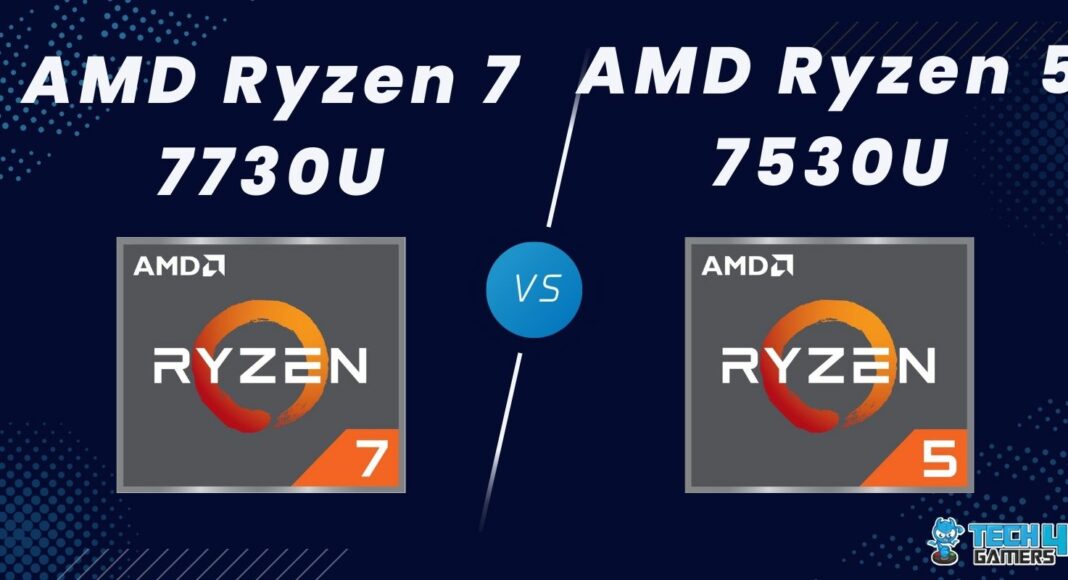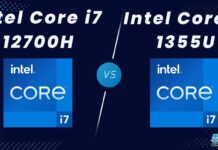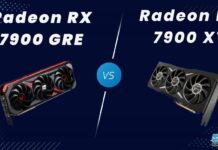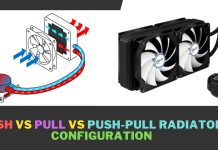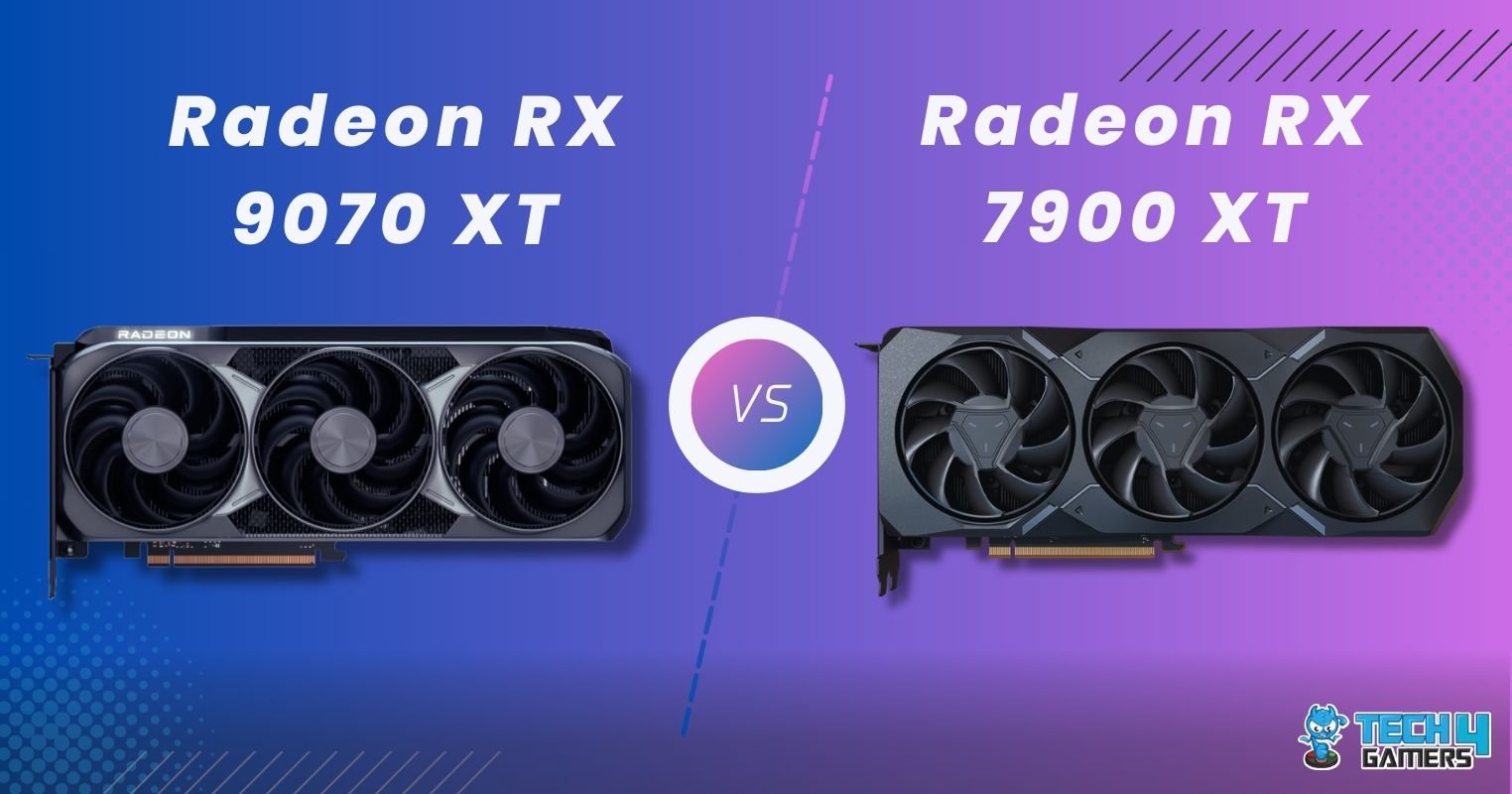AMD Ryzen 7 7730U
Rated: 9/10
AMD Ryzen 5 7530U
Rated: 8/10
Pros And Cons
| CPU | Pros | Cons |
|---|---|---|
| Ryzen 7 7730U | ✅ Faster CPU Speed ✅ More CPU Threads | ❌ No Unlocked Multipliers ❌ High Energy Consumption |
| Ryzen 5 7530U | ✅ Energy Efficient ✅ Reliable Processor | ❌Smaller L1, L2 Cache ❌Lesser GPU Execution Units |
- Starting, the Ryzen 5 7530U showcases a marginal lead of 0.2% on average in our single-core benchmarks, indicating better performance for individual tasks and applications.
- Furthermore, in multi-core benchmarks, the Ryzen 7 7730U exhibits an impressive 10.3% advantage on average, making it the preferred option for resource-intensive workloads and multitasking scenarios.
- We also found out that both processors offer support for up to 64GB of memory, catering to memory-intensive applications and data-intensive tasks
- With identical 15W TDP and ECC Memory support, we suggest the users select either the Ryzen 5 7530U or Ryzen 7 7730U based on their specific computing needs and performance requirements.
Comparison Table
| Key Specifications | Ryzen 7 7730U | Ryzen 5 7530U |
|---|---|---|
| Integrated GPU | Radeon Graphics (Ryzen 7000) | Radeon Graphics (Ryzen 7000) |
| Performance Cores | 8 | 6 |
| Performance Threads | 16 | 12 |
| Total Cores | 8 | 6 |
| Total Threads | 16 | 12 |
| L1 Cache | 64K (per core) | 64K (per core) |
| L2 Cache | 512K (per core) | 512K (per core) |
| Transistors | 10.7 billions | 10.7 billion |
| Socket | FP6 | FP6 |
| Cuda Cores | 128 | 128 |
| Execution Units | 2 | 2 |
Architectural Differences
To fully comprehend the distinctive capabilities and performance of the Ryzen 7 7730U and Ryzen 5 7530U processors, it is essential to examine their architectural disparities. By doing so, we can pinpoint the specific attributes of each processor and how they impact their overall functioning.
- Process Node: Equipped with a cutting-edge 7nm process node, both the Ryzen 7 7730U and Ryzen 5 7530U demonstrate AMD’s commitment to advanced fabrication technology, ensuring enhanced performance and energy efficiency.
- Clock Speed: Sporting identical clock speeds, the Ryzen 7 7730U and Ryzen 5 7530U offer a Base Clock of 2.0 GHz and a Boost Clock of 4.5 GHz, delivering snappy and responsive computing experiences.
- Memory Support Variation: Offering ample memory capabilities, both the Ryzen 7 7730U and Ryzen 5 7530U support up to 64GB of DDR4-3200 and LPDDR4x-4267 memory, catering to memory-intensive applications and multitasking needs.
- TDP: Boasting a power-efficient design, both the Ryzen 7 7730U and Ryzen 5 7530U operate with a 15W TDP, optimizing energy consumption for extended battery life and cooler performance.
- Supported Technologies: Finally, with a focus on robustness, the Ryzen 7 7730U and Ryzen 5 7530U feature support for ECC Memory, enhancing error correction capabilities for critical computing tasks and data integrity.
In this detailed analysis, we will dive into a compelling face-off between two powerful AMD processors belonging to different generations: Ryzen 7 7730U vs Ryzen 5 7530U. We aim to explore their technical specifications and conduct comprehensive performance benchmarks, enabling you to make an informed decision based on your specific computing needs.
Performance Benchmarks
Performance benchmarks play a huge role when it comes to assessing the overall prowess and speed of any processor. Therefore, to obtain a clear and accurate evaluation of the Ryzen 7 7730U and Ryzen 5 7530U, we will be putting them through a series of single and multi-core stress tests.
Cinebench R23 (Single-Core)
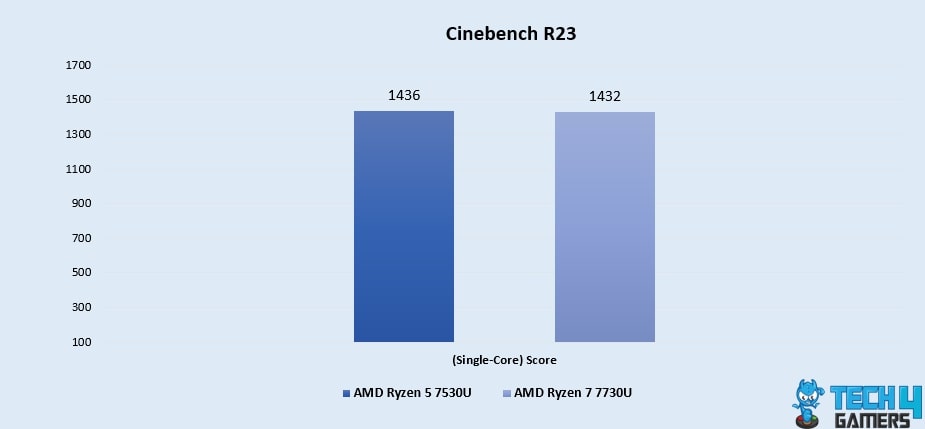
- In the Cinebench R23 single-core benchmark, we observed the Ryzen 5 7530U showcasing its prowess, edging ahead with a slight lead of 0.2% over its counterpart, the Ryzen 7 7730U, achieving 1436 points compared to 1432 points.
Cinebench R23 (Multi-Core)
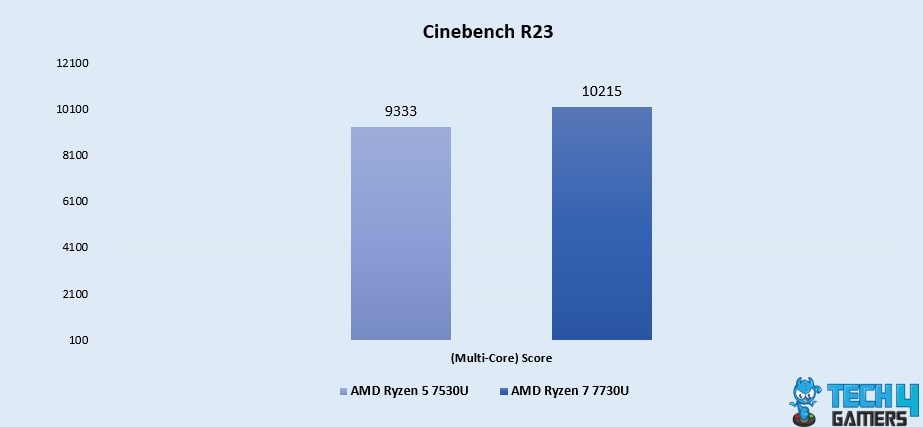
- Moving on to a multi-core performance in the Cinebench R23 benchmark, the Ryzen 7 7730U takes the lead with an impressive 9% advantage over the Ryzen 5 7530U, achieving a score of 10215 points compared to 9333 of the latter.
Geekbench 5 (Single-Core)
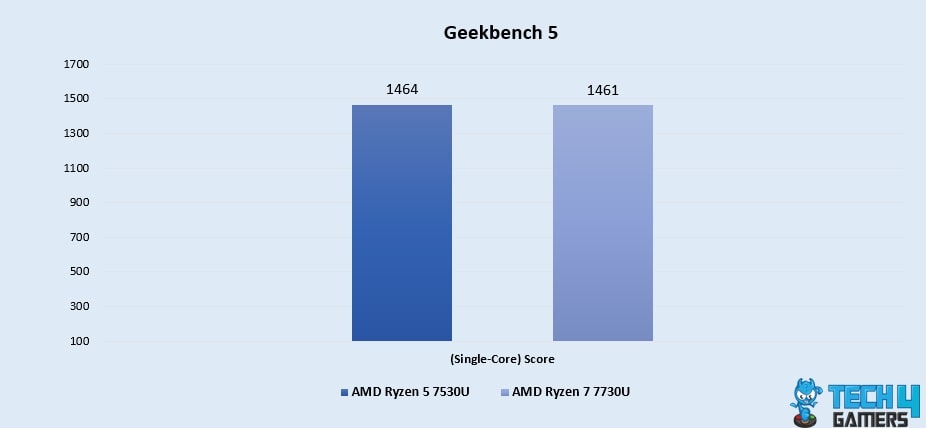
- Both processors deliver comparable results in our Geekbench 5 single-core benchmark, with the Ryzen 7 7730U and Ryzen 5 7530U scoring 1461 and 1464 points, respectively, leading to a marginal advantage of 0.2% for the latter.
Geekbench 5 (Multi-Core)
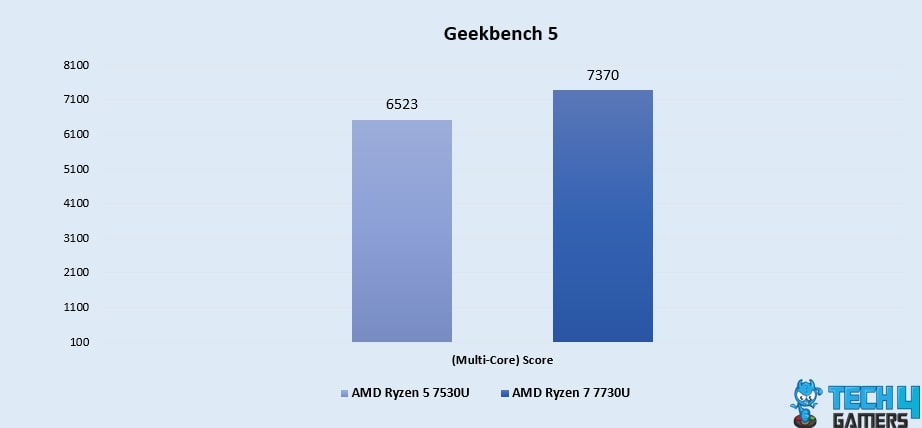
- Lastly, the Ryzen 7 7730U maintains its lead in multi-core performance over the Ryzen 5 7530U in the Geekbench 5 benchmark that we tested, achieving a score of 7370 points compared to 6523 of the latter, which is 13% higher than the Ryzen 5 7530U.
Verdict
AMD Ryzen 5 7530U: We observed the AMD Ryzen 5 7530U exhibiting a marginal lead in our single-core benchmarks, which makes it an ideal choice for users prioritizing efficient performance in individual tasks and applications.
AMD Ryzen 7 7730U: For resource-intensive workloads and multitasking scenarios, we recommend the AMD Ryzen 7 7730U as it stands out with an impressive advantage in multi-core benchmarks, making it the preferred option for demanding computing tasks.
Users seeking enhanced error correction capabilities can choose either the Ryzen 5 7530U or the Ryzen 7 7730U based on their specific performance and multitasking requirements. We recommend considering the Ryzen 7 7730U because of its better results in every aspect.
More From Ryzen 7 7730U:
More From Ryzen 5 7530U:
Thank you! Please share your positive feedback. 🔋
How could we improve this post? Please Help us. 😔
[Comparisons Expert]
Shehryar Khan, a seasoned PC hardware expert, brings over three years of extensive experience and a deep passion for the world of technology. With a love for building PCs and a genuine enthusiasm for exploring the latest advancements in components, his expertise shines through his work and dedication towards this field. Currently, Shehryar is rocking a custom loop setup for his built.
Get In Touch: shehryar@tech4gamers.com


